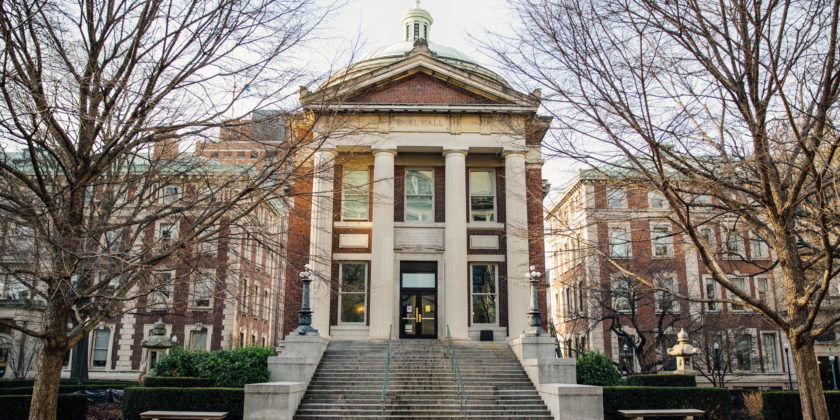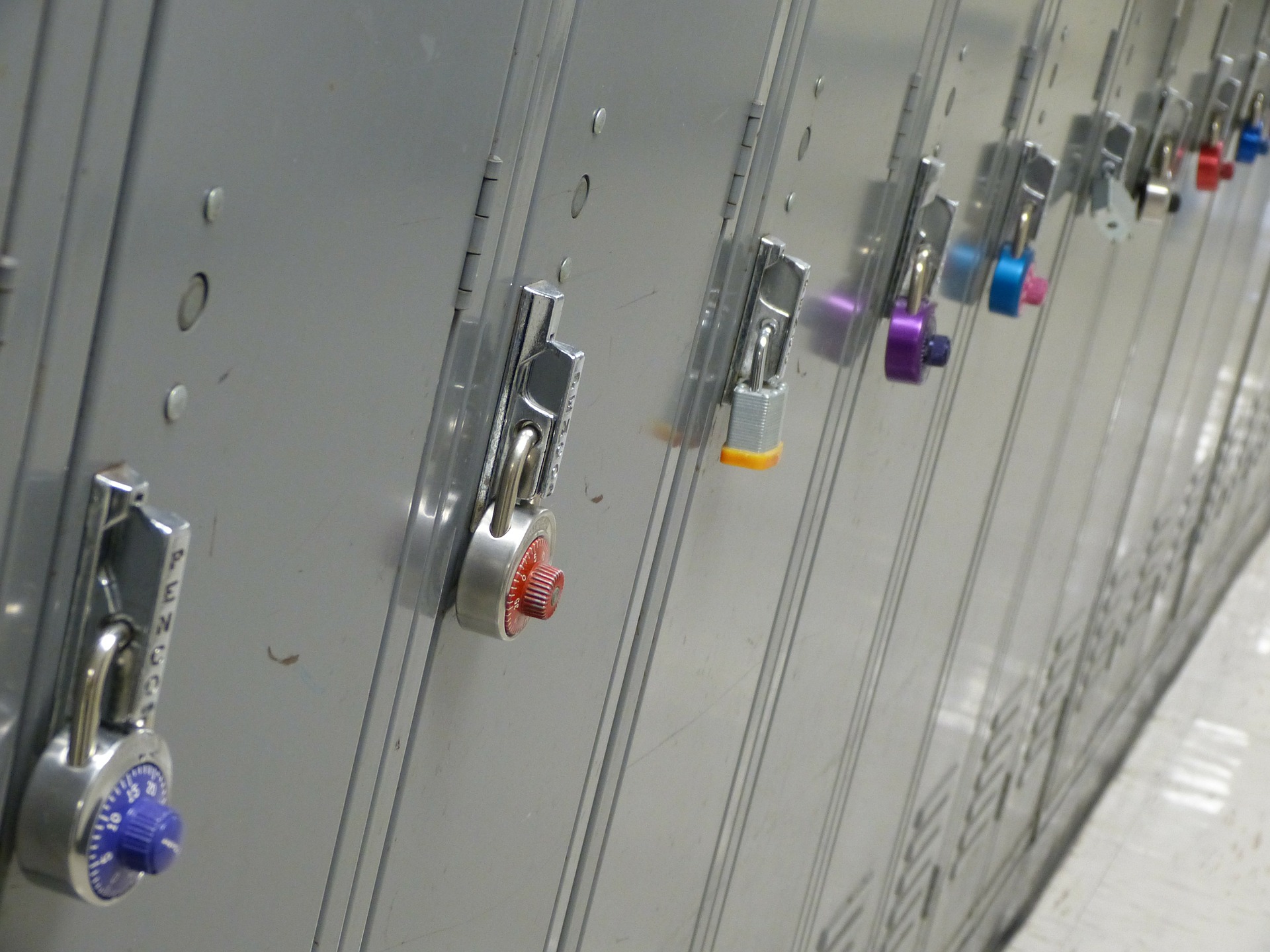Sophomores and Juniors: Independent Study
COVID is still hindering in-person learning, forcing clubs to meet online (if not canceling them outright), and may even throw a wrench in in-person educational and extracurricular planning for the spring and summer. A primary focus of our work with 10th and 11th graders is extracurricular planning, and there’s one that is almost never dependent on needing to be anywhere in person: the independent study.
Independent studies (IS) can be done anywhere and work with almost any area of interest, which is why in such uncertain times, they are our go-to EC. Like the “purpose” or “passion” projects many of our students undertake, the IS is a create your own educational opportunity, so there’s no one size fits all model to follow or template you can use to just plug and play. Below are some of the details we suggest thinking through if you are interested in conceptualizing an IS.
Who
The IS requires the student to have an area of interest that they want to explore (or explore more), as well as the time, energy, and foresight to plan it on their own. However, students may want to seek out support from a teacher at their high school or a mentor from outside of school if they desire to formalize it or have some guidance or check-ins along the way.
What
Anything goes! But we suggest an area of academic interest related to what you may pursue in college. It might be a new topic, or it might be an extension of a topic you have already researched. The bottom line is, it should 1) be a topic/area you choose because you will need to be into it to make the work happen on your own and 2) if possible, it should work with your academic narrative (the academic story that unfolds in your college apps).
Where
Planning the IS as a remote activity is a good call given the uncertainties around COVID. Doing so also provides the flexibility to add on other activities/formal programming or have time for a job if that suits you while still working on the IS, as well as plan something like travel (college visits?) if that becomes reality again!
When
Winter break or early in the new year is the perfect time for students to start planning their independent study. As for an ideal start time? Many juniors are busy with testing so we suggest it as a summer activity, although students who may not have AP testing in May or who have finished or not yet started ACT/SAT testing could realistically start in the spring if their courseload allowed. The classes that appear on your transcript will always be the most important to colleges, so you don’t want your IS to get in the way of excelling in those courses.
Why
Beyond how the restrictions that might be in place around COVID make it an ideal activity, an independent study helps demonstrate to colleges your commitment to learning, your intellectual focus and curiosity, and that you are a self-directed learner interested in charting your own course and not limiting yourself to what you can take in school (or afford to take outside of it).
*Stay in the know! Subscribe*









